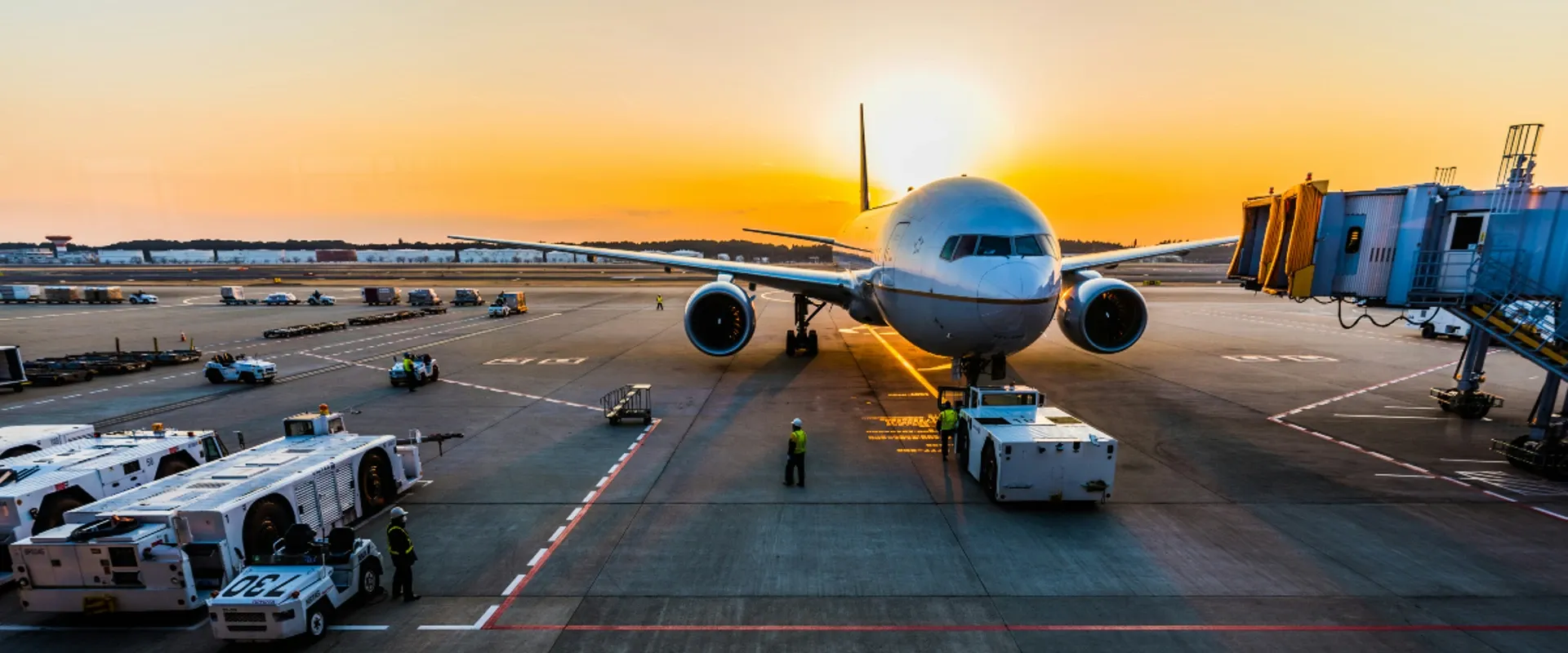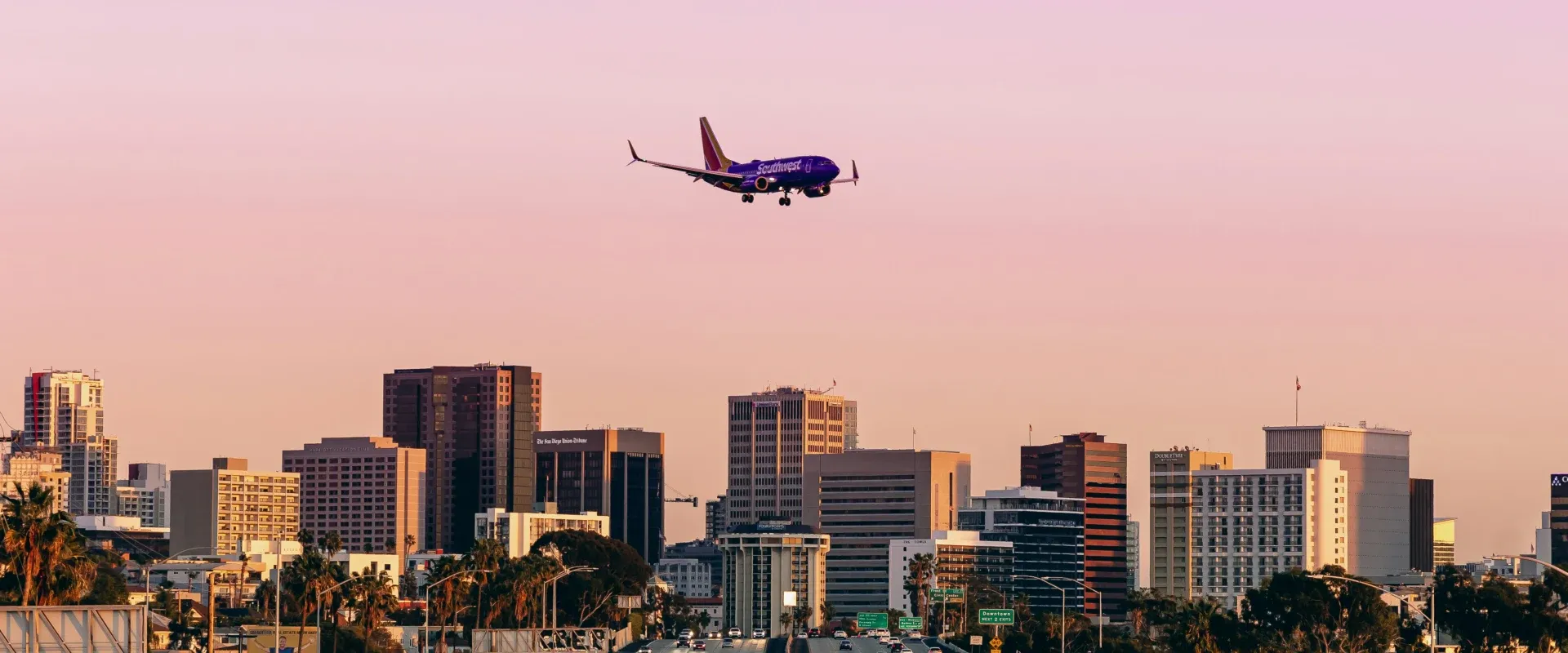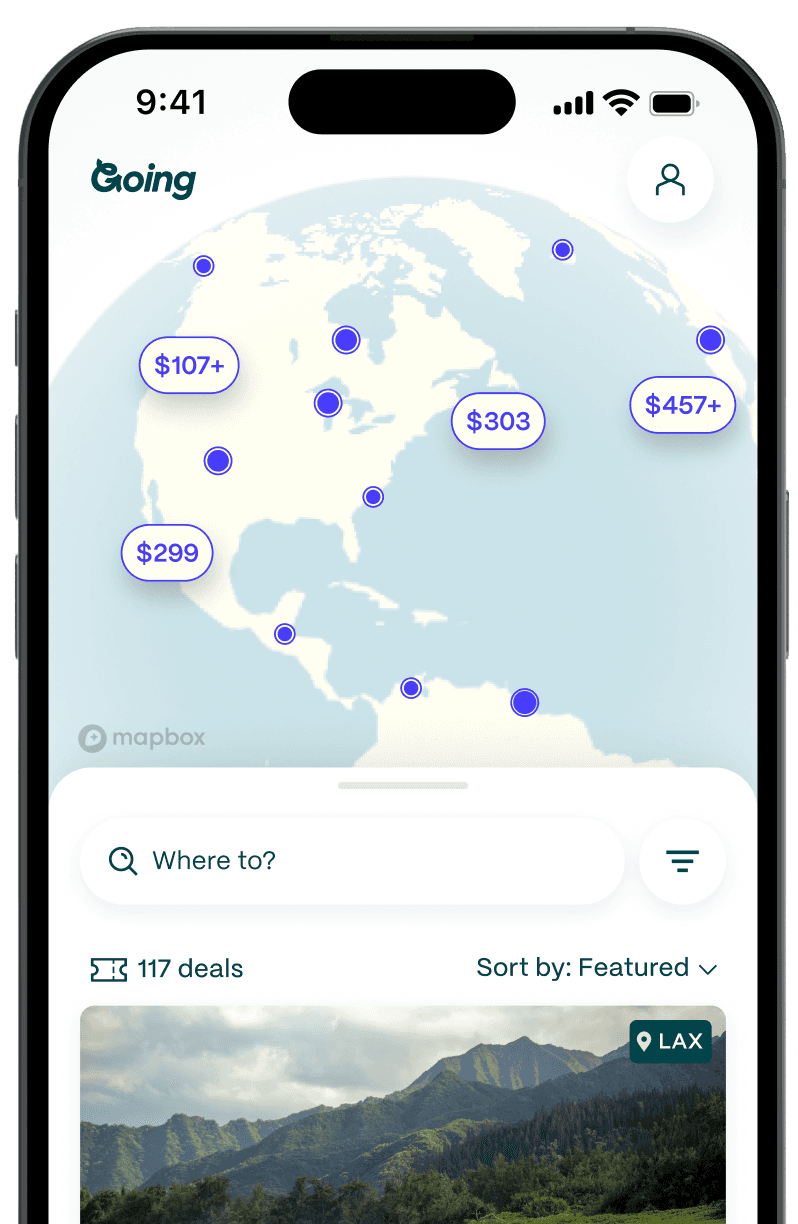
These Are the Types of Flights That Are Least Likely To Get Disrupted
Flight disruptions are always a hot topic. Especially in recent years, with instances like the Boeing 737 Max 9 door plug debacle and the CrowdStrike outage that grounded thousands of flights in summer 2024, where it’s likely that you or someone you know was affected.
These major news stories, while catastrophic for thousands—if not millions—of travelers in the short-term, actually aren’t that commonplace. In fact, official data indicates that cancellations in recent years are as low as they’ve been in about a decade.
There’s a randomness to flight disruptions that makes them difficult to avoid. But for trips where it’s critical to arrive on time, there are two types of flights you can book to give yourself the best odds.
Flight type #1: Morning flights
Each month the Department of Transportation puts out official statistics on flight delays and cancellations, including a breakdown by departure time.
In November 2024, the data shows that while 90.5% of 6–7am flights arrived on-time, 79.5% of 6–8pm flights arrived on-time.
In other words, first flights of the day have a more than 10-percentage point higher on-time performance than later flights of the day.
There are two reasons why morning flights perform better. First, the weather tends to be better in the morning (fewer thunderstorms).
But more importantly, the plane has been parked at the airport overnight—it’s ready to go. Afternoon flights almost always use a plane that has to fly in from elsewhere, and if that flight gets disrupted, well then your flight is at risk.
Flight type #2: Nonstop flights
Delays happen far more than cancellations. For the first 11 months of 2024, data shows that 1.4% of flights were canceled last year, while about 20.5% of flights were delayed.
Why is this distinction important? Because delays are an inconvenience with nonstop flights but can totally upend a connecting flight.
If your nonstop flight gets delayed two hours, it’s annoying, but you’ll still arrive two hours late. If your connecting flight gets delayed two hours, for many trips that means missing the connection. In some cases, a missed connection could mean waiting until the following day or longer for the next available flight.
Remember: Free flight changes even after booking
Most airlines—both full-service (like Delta) and budget (like Spirit)—have now done away with change fees except on basic economy tickets.
You used to have to pay upwards of $200 if you wanted to change your travel dates after booking. Now, there is no penalty—only the fare difference if there is one, though if the new fare is cheaper, you may get the difference back in travel credit.
What this means is that if you booked an evening flight or a connecting flight and it’s important you arrive on time, you have tons more flexibility now to switch to a morning and/or nonstop flight.
Last updated March 11, 2025








